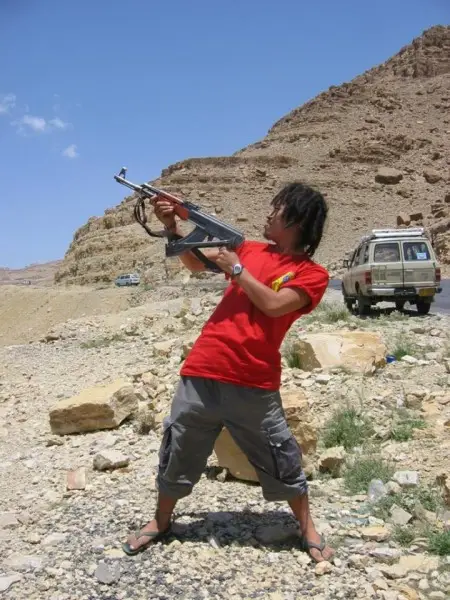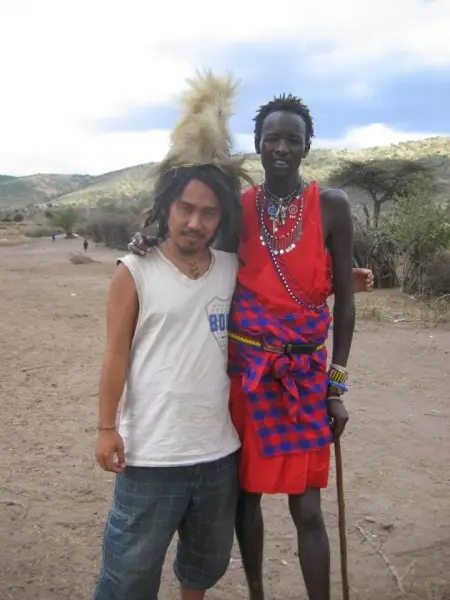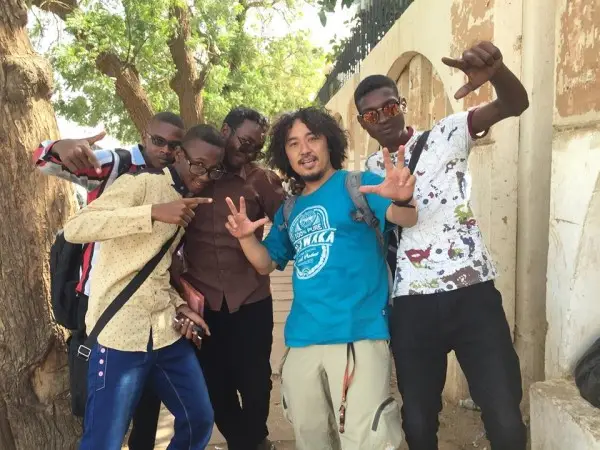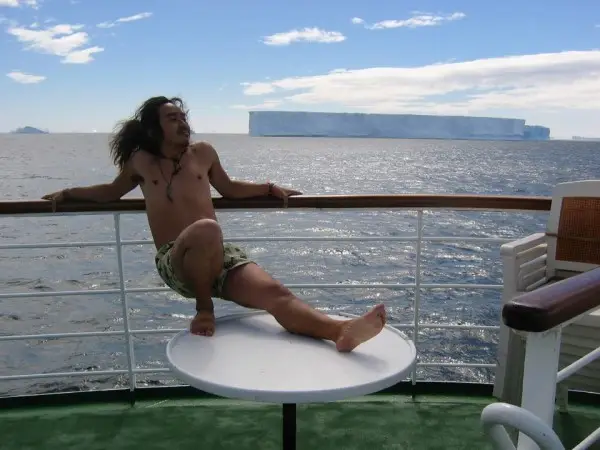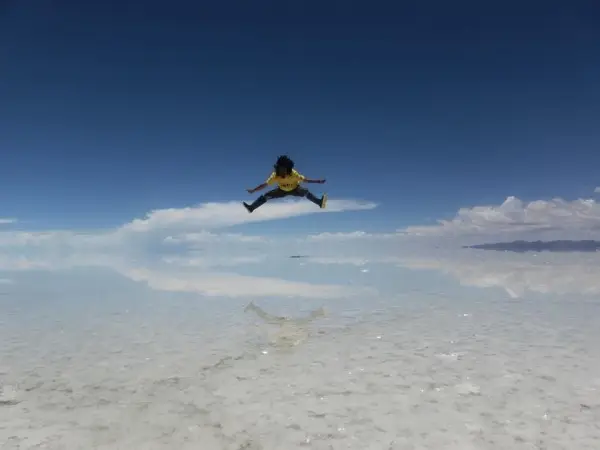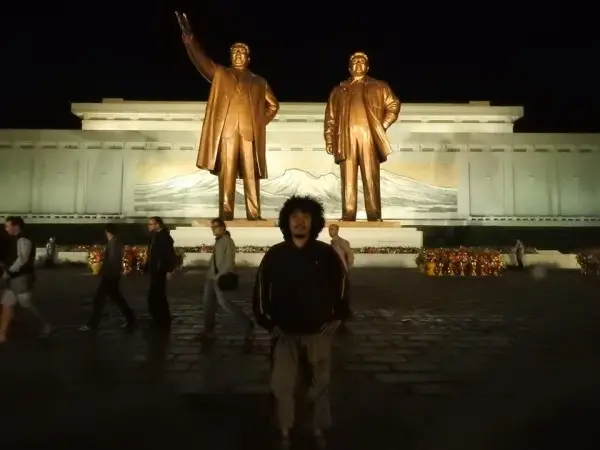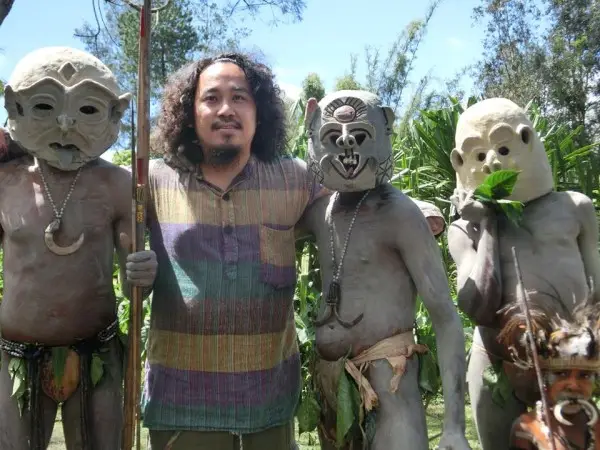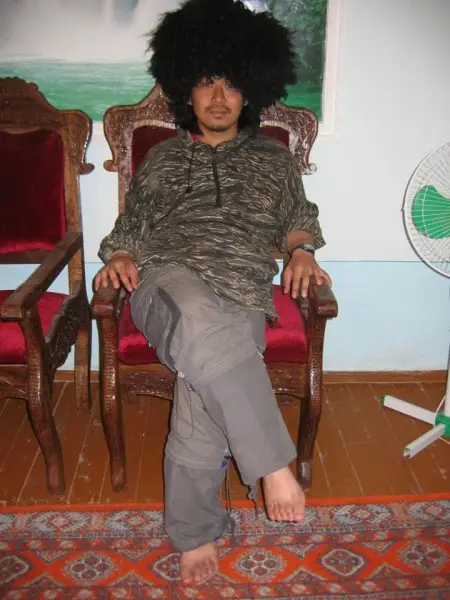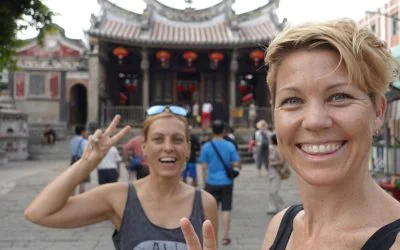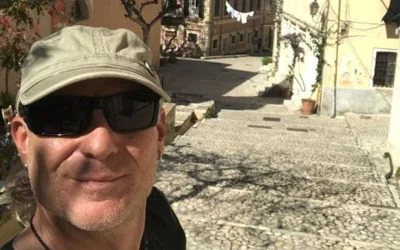Shimpei is one of the Japanese legends who have seemingly effortlessly been to every country in the world. He tells us a little about his take on life. His interview has been edited for language, but we believe we have kept the meaning intact!
Shimpei, tell us something about your early years and your background.
My father liked driving a car and mother didn’t like airplanes. The result for me was NOT being interested in other countries and I had NO chance to visit them in childhood. However, I liked trains very much. Normally, children get a picture book or an animal from their parents, but I got a train timetable or a road map. It was strange back then…nowadays also? My first trip by myself was when I was six years old. I travelled to my grandmother’s house; it took 90 minutes and I had to change trains three times. I cried at the terminal station in Tokyo because I could not buy a children’s ticket. A ticket costs 570 yen; children are half price but there was no button for 285 yen. I needed to buy a 290 yen ticket then. After that I traveled to many places but I didn’t think about outside the country in those days. I travelled anywhere I could get to. When I was a university student, I travelled to other countries for the first time.
So how and why did the idea of going to every country get into your head, and how did you manage to make it a reality?
I got an official job when I was 29 years old for the first time. Before that I continued to study or earned money for travelling in Japan. But they were part time jobs. I visited 102 countries then and I thought I would work like a typical Japanese man. So I got an official job but quit my work after only ten months and started my own business. Fortunately I was successful because of a Bolivian dream!! I could sell the Ekeko doll (ed’s note: God of abundance and prosperity) because of a TV trend in Japan.In short, my business was as a buyer at local markets in other countries. I sold them as souvenirs, which you can buy when travelling. It meant I had to visit new countries for my business too! As I didn’t want to have any regrets in my life, I decided to visit every country.
Do you know (m)any other Japanese who have done every country? Is this a popular idea in Japan and why?
I don’t think it is very common. But there are many people, especially the younger generation, who want to travel around the world. I organise parties for travellers and have a big Facebook group. Nevertheless, I have met only two Japanese people who have done every country.
What were the biggest challenges and the biggest rewards for you as you were doing all the countries?
It is a strange but my biggest challenge was as an official worker in Japan. Everything was new! For example ideas ,systems, relationships and so on. I didn’t have any experience in Japanese business society until I was 29 years old. So Japan was the most difficult country for me. Perhaps now as well… I started my business while I was visiting other countries. Maybe I succeeded because I have different ideas compared to other Japanese. For example I sold many Ekeko dolls in Japan in spite of it being sold many shops. I think my biggest reward is because of my different ideas? I sold a lot even though my business was only two years old…It meant I didn’t have any advantage from selling so much. But I earned money for travel again!
Tell us a couple of travel stories which really made a difference to you as a person.
Normally if you visit carnival in Brazil or in other countries, you only watch a parade.But I joined a group and practiced on a Brazilian drum! I liked it very much, so I visited Salvador four times to play a drum. It’s lots of fun to play and see local people dance!
What does being Japanese mean to you? Do you believe it affects how you see the world and how other people/cultures see you?
We don’t have borders with other countries, only with islands. So, if we go to another country by air or ship when we arrive at our destination we encounter differences in people, buildings, geography and so on. If I travel by land, it changes little by little. For example, I didn’t know before travelling by land to Russia there are many Asian types living there. I only thought European people lived in Russia. It was a new reality for me.
And Japan is famous for cars and electrical products, so is the image of ‘made in Japan’. If a local car doesn’t work on the road, people think I can repair it perfectly. Actually, not all Japanese are mechanics.
What are some of your favourite places in Japan that travellers may not know?
My home town Kawagoe is nice. It has traditional buildings and while it is well-known to the Japanese that live near Tokyo it is not known by foreigners. And a Japanese baseball stadium? Many people in the world don’t know about baseball. But a Japanese supporter is original and not like football supporters. You can feel a special motivation there. So foreigners who live in Japan go to the baseball stadium very often.
How active are you on social media? Do you feel this is a plus or a minus in terms of having authentic travel experiences?
I have a Facebook group and organise a big travellers party in Japan once a month.But I don’t use social media except for that.I will try it!
NomadMania has very few members from Japan. Why do you think this is the case? We know Japanese love to travel!
Because of English!! It is obvious! We have a big problem learning English! Not only are we shy we don’t speak it even if we study for ten years because Japanese and English are very different; more than your imagine. And our English teachers don’t speak English…I think now it is okay and there are many more native teachers.The younger generation is better than us. But I will tell about NomadMania to Japanese travellers!
Finally, our signature question – if you could invite any 4 people from any period in human history to dinner, who would you invite and why?
My grandfathers and grandmothers. Is it a Japanese idea? They know my childhood when I travelled by myself. I would like to talk with them again.
The photos in this interview are from Shimpei’s personal collection and we thank him for sharing his images with us here at NomadMania!

